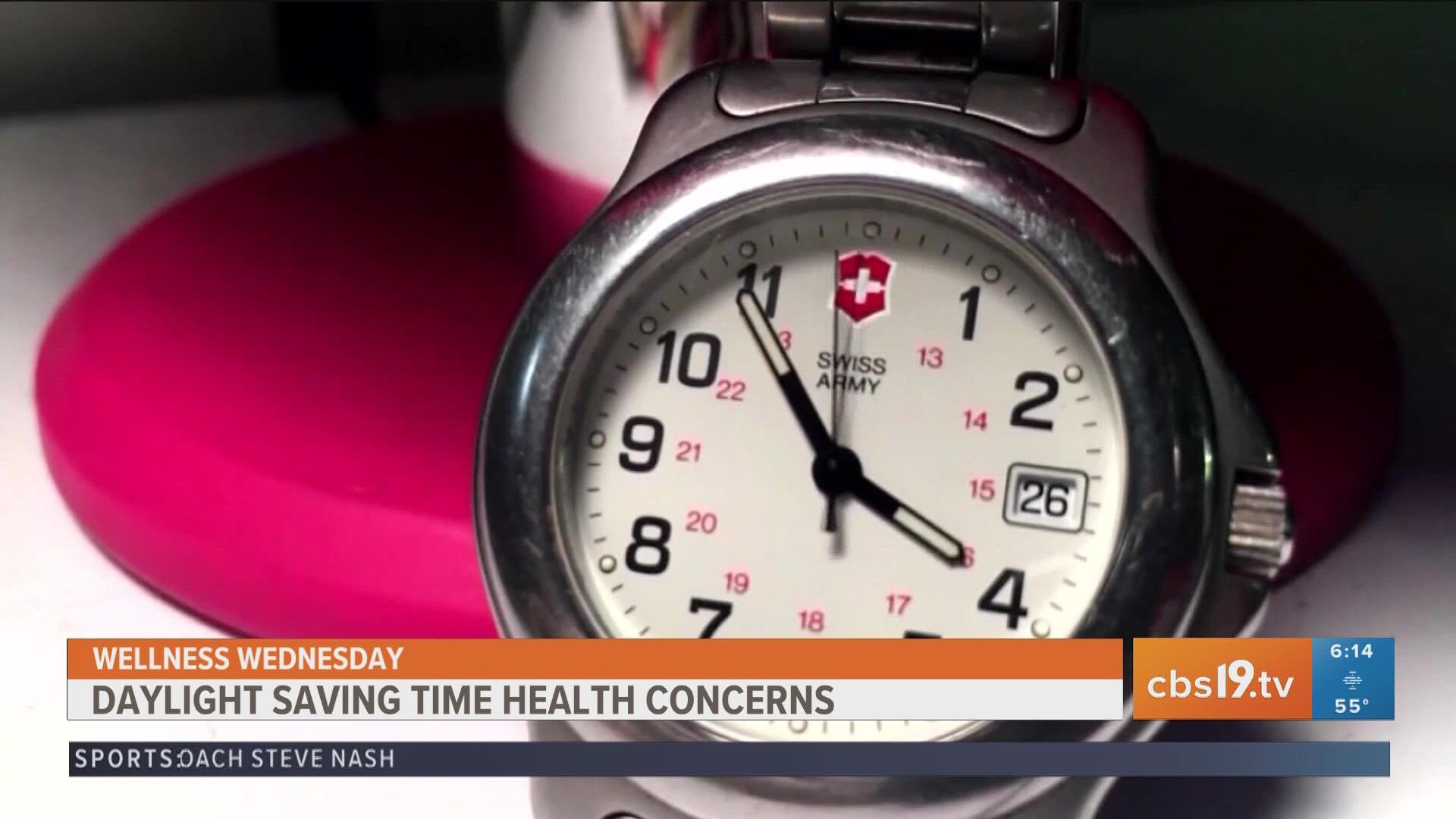TYLER, Texas — Many of us have strong opinions on making the adjustment when the clocks fall back or spring forward.
A bill making daylight saving time permanent is gaining steam with lawmakers.
The American Academy of Sleep Medicine agrees with eliminating seasonal time changes but instead recommends year-round permanent standard time, which would give us more ight in the morning and less at night; aligning more with our bodies' internal clock.
"Daylight savings time can negatively affect our moods. It can affect our cardiovascular system, especially in the spring time when we have limited sleep. The changes in our circadian rhythms especially for people who are already at risk for that, like people with insomnia or mood disorders, can create a perpetual issue," said Natalie Morgan, a sleep medicine nurse practitioner.
"...for most people it’s a little inconvenience," Morgan said. "Some things that you can do during that timeframe and before is following those healthy sleep routines, right? Maybe making that change in 15-minute increments, so here we are this week before the time changes. I’d recommend you make those changes in 15 minute increments for a few days to kind of let your body adjust."
The US tried making daylight savings time permanent before.
Congress passed a law in the early 1970s implementing it for two years. But Americans didn't like it and it was repealed.
So we’ll see if it works this time around, but until then, doctors recommend to slowly ease into the new schedule to let your body accommodate.

